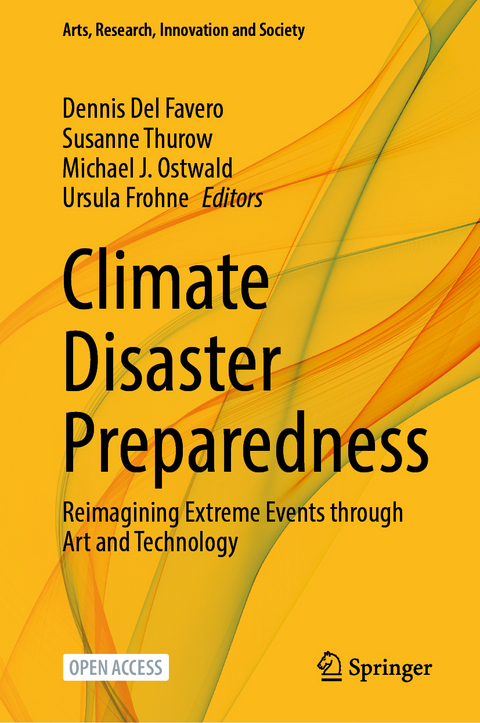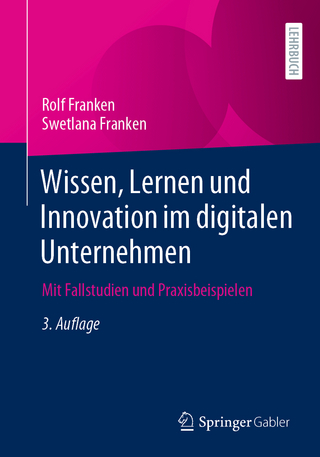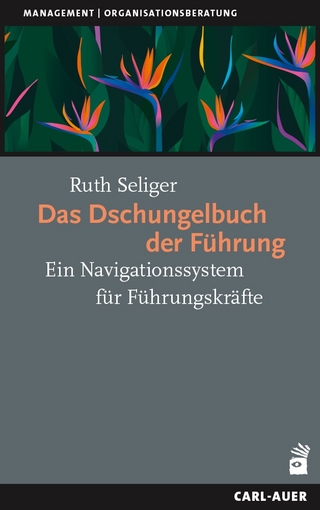
Climate Disaster Preparedness
Springer International Publishing (Verlag)
978-3-031-56113-9 (ISBN)
As a result of global warming, extreme events, such as firestorms and flash floods, pose increasingly unpredictable and uncertain existential threats, taking lives, destroying communities, and wreaking havoc on habitats. Current aesthetic, technological and scientific frameworks struggle to imagine, visualise and rehearse human interactions with these events, hampering the development of proactive foresight, readiness and response.
This open access book demonstrates how the latest advances in creative arts, intelligent systems and climate science can be integrated and leveraged to transform the visualisation of extreme event scenarios. It reframes current practice from passive perception of pre-scripted illustrations to active immersion in evolving life-like interactive scenarios that are geo-located. Drawing on the multidisciplinary expertise of leaders in the creative arts, climate sciences, environmental engineering, and intelligent systems, this book examines the waysin which climate disaster preparedness can be reformulated through practices that address dynamic and unforeseen interactions between climate and human life worlds. Grouped into four sections (picturing, narrating, rehearsing, and communicating), this book maps this approach by exploring the emerging strengths and current limitations of each discipline in addressing the challenge of envisioning the unpredictable interaction of extreme events with human populations and environments.
This book provides a timely intervention into the global discourse on how art, culture and technology can address climate disaster resilience. It appeals to readers from multiple fields, offering academic, industry and community audiences novel insights into a profound gap in the current knowledge, policy and action landscape.
Dennis Del Favero is an artist, Australian Laureate Fellow and Chair Professor of Digital Innovation and Executive Director of The University of New South Wales (UNSW)'s iCinema Centre for Interactive Cinema Research (iCinema). He has led numerous large-scale interdisciplinary art projects that explore the visceral dynamics of unpredictable climate scenarios and the aesthetics of uncertainty using AI visualisation systems. He is a Visiting Professor at the University of Melbourne and Visiting Professorial Fellow at the University of Münster, Germany; Editorial Board Member of Quodlibet Studio Corpi, Italy; and former Executive Director of the Australian Research Council Humanities & Creative Arts. He is represented by Galerie Brigitte Schenk, Cologne and Mais Wright, Sydney.
Susanne Thurow is a Deputy Director and Director of Research Development as well as an ARC Laureate Postdoctoral Fellow at UNSW's iCinema Centre, where she leads the climate aesthetics research program. Her interdisciplinary work rethinks contemporary arts through performative digital aesthetics, having co-developed multidisciplinary projects with industry partners, such as Opera Australia. She has published widely, spanning theatre, performance and digital media studies. Her latest book (Routledge, 2020) won the 2021 Alvie Egan Award and the 2019 UNSW Art & Design Dean's Award for Research Excellence, Best Monograph. In the past, she worked for Thalia Theater (Germany), Big hART (Australia) and German cultural association Goethe-Institut.
Michael J. Ostwald is a Professor of architectural analytics at The University of New South Wales (UNSW). He was previously an EU Distinguished Professor, Dean of the Built Environment at the University of Newcastle, Professorial Fellow at Victoria University Wellington and Adjunct Professor at RMIT. He completed postdoctoral research on applications of spatial computing in architecture at UCLA (Calif.), CCA (McGill, Montreal) and Harvard (Mass.). He is the author of 17 books and over 160 journal articles. Michael is Editor-in-Chief of the Nexus Network Journal: Architecture and Mathematics (Springer) and a member of the editorial boards of ARQ (Cambridge) and Architectural Theory Review (Taylor and Francis).
Ursula Frohne is Professor for art history at the University of Münster (Germany). Previously, she was Professor of twentieth and twenty-first-century art history at the University of Cologne, Chief Curator for ZKM Center for Art & Media in Karlsruhe and Lecturer at Karlsruhe's State Academy of Fine Art. In Cologne, she chaired the DFG-project Cinematographic Aesthetics in Contemporary Art (2007-14), while from 2023 she has been co-leading the DFG-Research Group on Access to Cultural Goods in Digital Transformation. She was awarded the University of Cologne's Leo Spitzer Prize for Excellence in Research. She has published widely on contemporary art practice and technological creative media.
Introduction.- Part 1: Simulating.- Reimagining uncertainty. Digital art and the capacity to envision terrestrial disasters.- Latest advances and challenges in extreme event 3D simulation.- Intelligent architectures for extreme event visualization.- Simulation of rare event scenarios via physics-based fire models integrated with visualization systems.- Aligning immersive multi-agent training systems for extreme event scenarios.- Part 2: Narrating.- Preparing for the unpredictable.- Moving beyond the recovery and reconstruction discourse to imagine interaction with extreme events using the performing arts.- Iconographies of climate catastrophe. The representation of climate change in art and film.- Exploring the aesthetics of climate change in performative and visual storytelling.- Part 3: Rehearsing.- Application of user-centered interaction design in 3D immersive environments.- Leveraging Deep Learning and Generative AI for sonic worldmaking. New dimensions for immersion in interactive environments.- Prototyping emergency scenarios. Converging architectural computing and intelligent mobility modelling.- Part 4: Practicing.- The policy landscape of preparedness. Gaps in recommendations for extreme climate events.- Learning from the past, preparing for tomorrow. Conceptualizing place andcommunity in light of extreme event experiences.- Communicating in crisis. Community practices of online participation during extreme events.- Horizon scanning the imaging of extreme events. Challenges and frontiers.- Conclusion.
| Erscheinungsdatum | 04.05.2024 |
|---|---|
| Reihe/Serie | Arts, Research, Innovation and Society |
| Zusatzinfo | XVIII, 219 p. 43 illus., 40 illus. in color. |
| Verlagsort | Cham |
| Sprache | englisch |
| Maße | 155 x 235 mm |
| Themenwelt | Wirtschaft ► Betriebswirtschaft / Management ► Unternehmensführung / Management |
| Schlagworte | Artificial Intelligence (AI) Aesthetics • Climate change resilience • Climate Imagery • Digital Arts and Climate Change • Disaster Preparedness • Immersive Visualization • Intelligent Systems • open access • scenario modelling • virtual reality simulation |
| ISBN-10 | 3-031-56113-9 / 3031561139 |
| ISBN-13 | 978-3-031-56113-9 / 9783031561139 |
| Zustand | Neuware |
| Haben Sie eine Frage zum Produkt? |
aus dem Bereich


